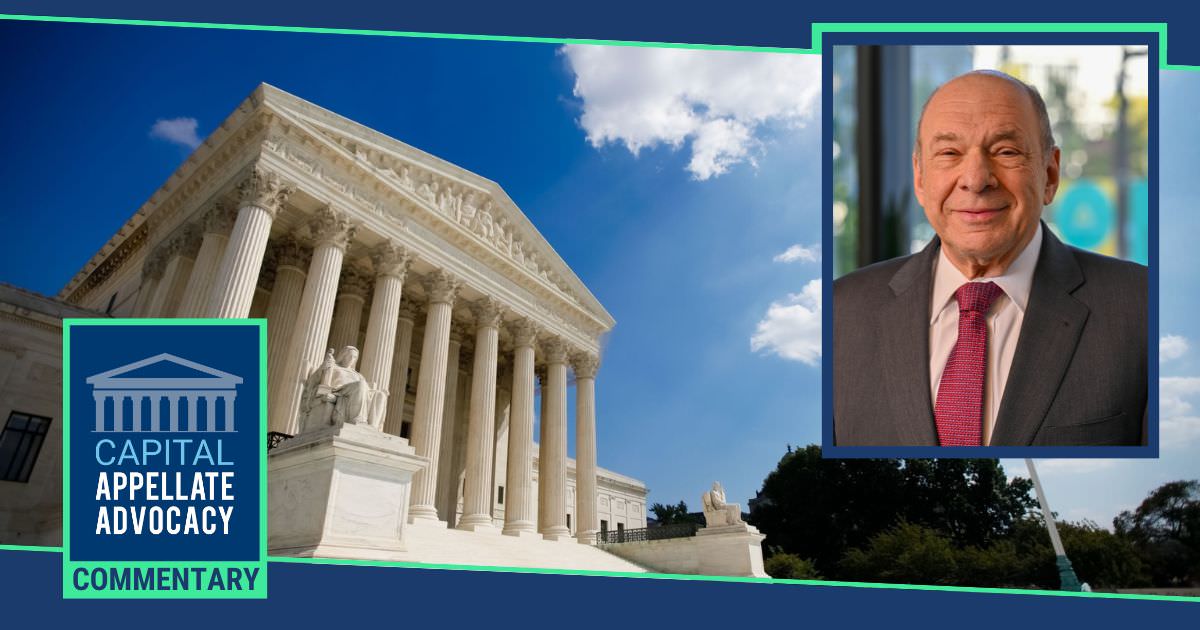The Daily Caller’s June 12 headline declares that “Justice Gorsuch’s First SCOTUS Opinion Is Super Boring.” Not so! Justice Gorsuch is off to a rousing start by transforming what sounds like a super-boring topic—the meaning of “debt collector” under the Fair Debt Collection Practices Act—into an opinion that from the first phrase of the first sentence to the final paragraph is super-exciting in terms of clarity, style, and substance.
The statutory construction issue addressed in Henson v. Santander Consumer USA Inc., No. 16-349, is whether a company engaged in the business of purchasing and collecting defaulted loans is a “debt collector,” which the Act defines “to embrace anyone who ‘regularly collects or attempts to collect . . . debts owed or due . . . another.’” Slip op. at 2 (quoting 15 U.S.C. § 1692a(6)). Holding that the Act does not apply to such companies, Justice Gorsuch, writing for a unanimous Court, explains that “by its plain terms this language seems to focus . . . on third party collection agents working for a debt owner—not on a debt owner seeking to collect debts for itself.” Id. at 3. “All that matters is whether the target of the lawsuit regularly seeks to collect debts for its own account or does so for ‘another’. . . it would seem a debt purchaser like Santander may indeed collect debts for its own account without triggering the statutory definition in dispute.” Ibid.
In the course of systematically dismantling the petitioners’ textual arguments, Justice Gorsuch provides the reader with not only an educational, but also riveting—yes, riveting—grammatical discussion concerning why the statute’s use of the word “‘owed’ . . . the past participle of the verb ‘to owe,’” does not mean that the definition of debt collector “captures anyone who regularly seeks to collect debts previously ‘owed . . . another.’” Id. at 3-4.
But the most gratifying part of Justice Gorsuch’s opinion is its refusal to “presume with petitioners that any result consistent with their account of the statute’s overarching goal must be the law.” Id. at 9. “[W]hile it is of course our job to apply faithfully the law Congress has written, it is never our job to rewrite a constitutionally valid statutory text under the banner of speculation about what Congress might have done had it faced a question that . . . it never faced.” Ibid. (emphasis added). This is a clear message to lower federal courts, and to Congress as well.
Henson is a model of both outstanding judicial opinion writing and judicial restraint. If it is predictive of what is to come, it already vindicates President Trump’s selection of Justice Gorsuch.

